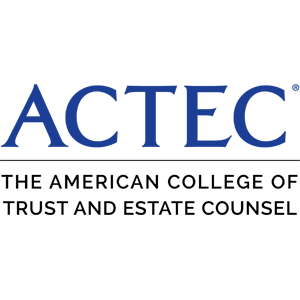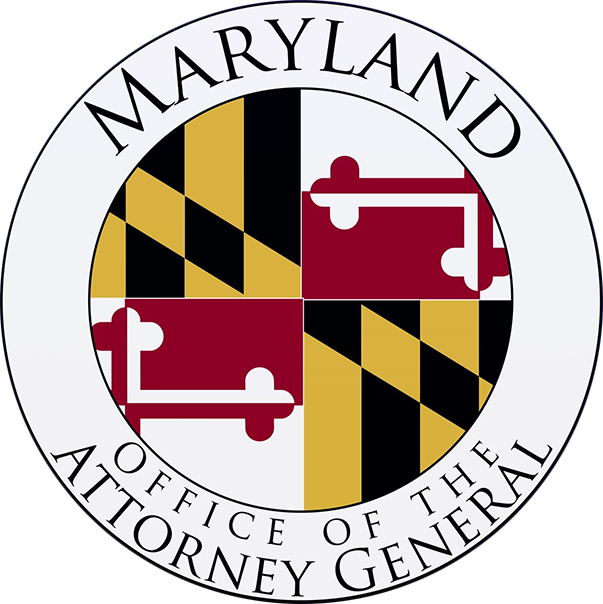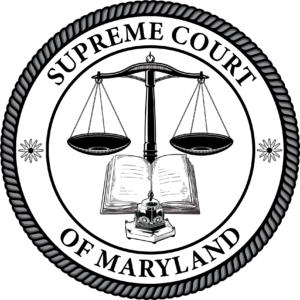Supreme Court of Maryland - The Supreme Court of Maryland serves as the highest judicial authority in the state, responsible for interpreting and administering the law. Its primary role involves hearing and deciding appeals from lower courts to ensure the accurate interpretation and application of state laws and the constitution. The court's duties encompass adjudicating diverse cases, including civil, criminal, and constitutional matters, and establishing legal precedents that guide lower courts and legal practitioners statewide. Additionally, the Supreme Court of Maryland oversees the regulation of attorneys, managing attorney admissions, setting ethical standards, and disciplining lawyers to uphold ethical conduct within the legal profession throughout the state.




















